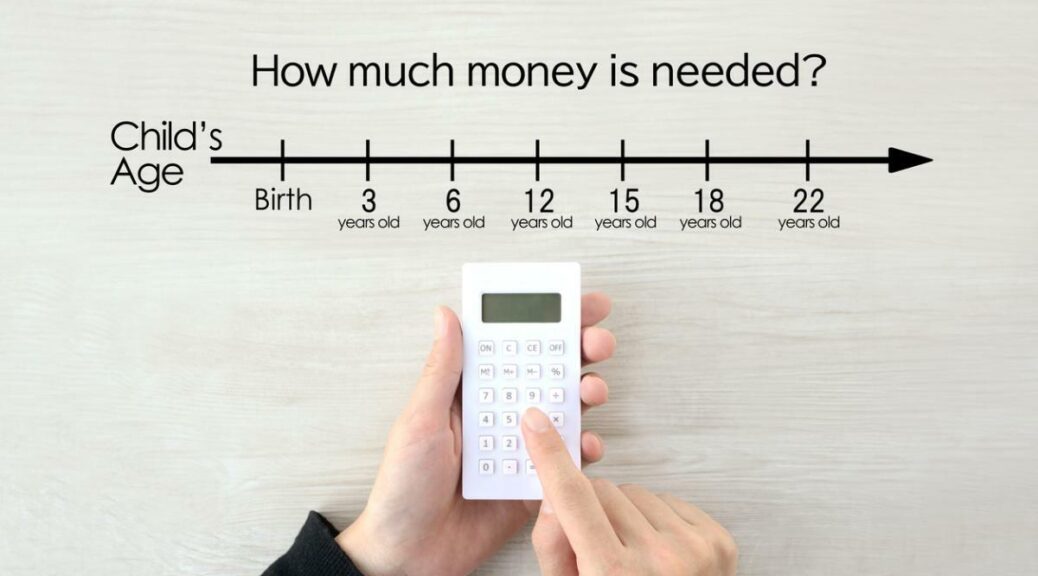California’s child support system is designed to ensure that children receive adequate financial support from both parents following a separation or divorce. In recent years, legislation has evolved to improve these calculations and ensure fairness in support payments.
One of the most notable changes is the implementation of the K-Factor under Senate Bill 343 (SB 343). California Family Law Specialist Judy L. Burger delves into the K-Factor, how it influences child support calculations, and why it’s crucial for parents navigating this challenging aspect of family law.
What is the K-Factor?
The K-Factor is a specific provision within California’s child support guidelines that emerged as part of broader reforms aimed at leveling the playing field for parents who share custody of their children. SB 343 was introduced to provide clearer parameters for calculating child support, particularly concerning shared custody arrangements. The K-Factor calculation reflects the division of parenting time between both parents to ensure that support obligations are more accurately aligned with each parent’s financial responsibilities.
Under the K-Factor system, child support calculations take into account the actual time each parent spends with the child. This means that if a parent has significant parenting time and shares responsibilities, the child support amount will differ compared to a traditional custody arrangement where one parent has primary custody. The legislation recognizes that a child’s needs do not merely hinge on financial contributions; they also depend on the active involvement of both parents in their upbringing.
How Does the K-Factor Work?
The K-Factor operates by adjusting the standard child support calculation to reflect the difference in physical custody time. California uses specific software employing a guideline formula to calculate child support payments. The K-Factor allows the software to modify the support amount based on the percentage of time each parent spends with the child, leading to a more accurate reflection of the costs incurred by each parent.
Factors Influencing the K-Factor Calculation:
- Parenting Time: The more time a parent spends with the child, the lower the child support obligation may be. The K-Factor calculation recognizes that a parent who has the child for a larger portion of the week will incur additional expenses, such as food, clothing, and activities.
- Income of Each Parent: The K-Factor also considers the income levels of both parents, as the duty to support a child is generally proportional to their income.
- Additional Expenses: The calculations factor in the child’s specific needs, including healthcare, education, and childcare costs. If one parent incurs significant costs in these areas, it can influence the K-Factor adjustments.
The Calculation Process
To calculate child support under the K-Factor, parents or their attorneys typically follow this general process:
- Input Parental Income: The software inputs each parent’s gross monthly income, including wages, bonuses, rental income, and any other sources of revenue.
- Determine Custody Arrangement: The percentage of time each parent has custody of the child is entered, reflecting the shared parenting agreement.
- Adjust for Other Expenses: Additional expenses related to the child’s care, such as health insurance premiums or childcare costs, are accounted for.
- Run the Calculation: The software will generate a support obligation based on the data provided, applying the K-Factor adjustments as necessary.
- Review and Negotiate: The parties can review the output, and if there are disagreements or further considerations, negotiations can occur to arrive at an agreeable support amount.
Why is the K-Factor Important?
The K-Factor is essential for several reasons:
- Fairness and Equity: It allows for a fairer assessment of child support obligations and facilitates a more equitable distribution of financial responsibilities between parents.
- Encouragement of Shared Parenting: By recognizing shared parenting time in financial calculations, the K-Factor can encourage parents to engage actively in their child’s life, promoting stronger familial bonds.
- Reduction of Conflict: Clearer calculations reduce confusion and potential disputes regarding child support, helping parents avoid protracted legal battles.
- Meeting Children’s Needs: By ensuring that both parents contribute fairly to the costs of raising a child, the K-Factor supports the overall well-being of children post-separation.
Ensure Compliance and Equity with CA Child Support Assistance
Navigating child support calculations can be complex, particularly with the introduction of new legal frameworks like the K-Factor under SB 343. Understanding this provision empowers parents to negotiate support arrangements that better reflect their reality. Experienced California family Law Attorney Judy Burger understands these nuances and can effectively navigate the child support system in California. Contact the Law Offices of Judy L. Burger nearest you for help negotiating or changing child support arrangements.


